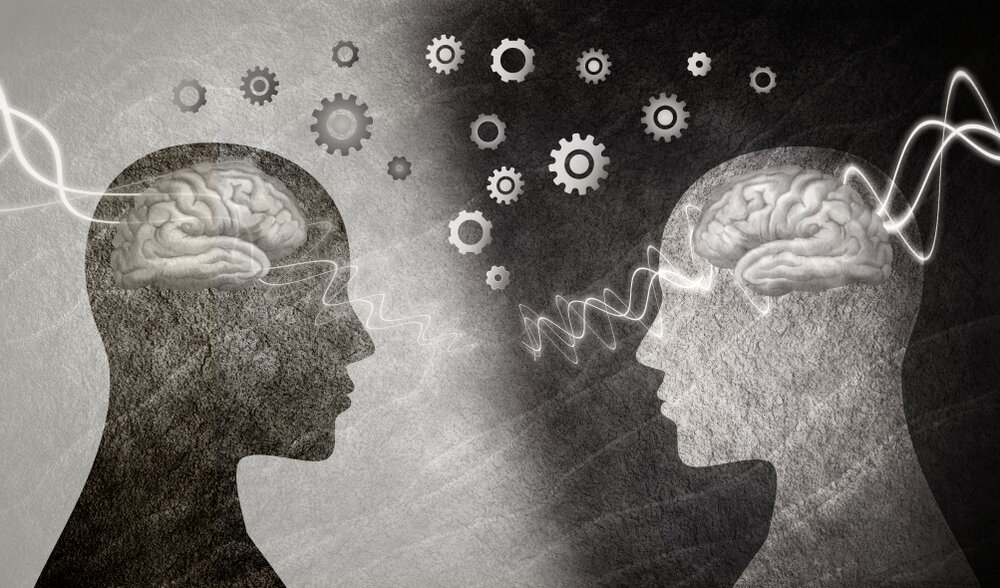Cognitive Behavioral Therapy (CBT) is a modern intervention that is backed by empirical research. It has been shown to be beneficial for treating disorders like anxiety and depression among others. There are many CBT techniques that you will find offered by Clinicians in Baltimore, Maryland; the techniques normally help to alter self-defeating thoughts, overwhelming emotions, and ineffective behavior. The following CBT techniques are among some of those offered by Clinicians at Associated Behavioral Health Services of Maryland, and represent some of the most effective procedures in CBT, designed to improve cognitive functioning, mood, and relating behavior.
Cognitive Restructuring
Cognitive restructuring (sometimes referred to as cognitive reappraisal) is a cognitive behavior therapy technique aimed at learning to recognize dysfunctional thought patterns and develop more rational, grounded ways of understanding challenging situations. Cognitive restructuring is not so much a technique but a collection of different techniques to help improve your thinking. Cognitive restructuring techniques can include tracking thoughts during difficult situations, identifying cognitive distortions, and engaging in behavioral experiments to test out whether your thoughts are objectively true.
Graded Exposure Assignments
Exposure is a cognitive behavior therapy technique that helps people systematically approach what they fear. Fear causes people to avoid situations. Unfortunately, to avoid a situation where fear is the motivating factor will only perpetuate the related symptoms. Through systematic exposure, people master feared situations one-by-one, and then tackle increasingly difficult exposure assignments. Exposure is one of the most effective psychological treatments that exists, with an efficiency rate of 90% when used to treat some anxiety disorders.
Activity Scheduling
Activity scheduling is a cognitive behavior therapy technique designed to help people increase positively impactful behaviors. By identifying and scheduling helpful behaviors, such as meditating, going for a walk, or working on a project, it increases the likelihood of behavioral completion. This technique is especially helpful for people who do not engage in many rewarding activities because of depression, or people who have difficulty completing tasks because of procrastination (anxiety or attentionally based).
Successive Approximation
This cognitive behavior therapy technique works for people who have difficulty completing a task, either due to lack of familiarity with the task or because the task feels overwhelming. The technique works by helping people master an easier task, then gradually adding in steps to achieve the arduous task. It’s akin to practicing addition and subtraction before learning long division. This technique helps to develop and strengthen confidence in one’s approach.
Mindfulness Practice
Mindfulness is an approach you will find referenced often when seeking therapeutic advice While mainly used in Dialectical Behavioral Therapy, there are applications during the CBT process.. The goal of mindfulness is to help people develop the ability to understand how their environment interacts with their symptoms/thought patterns. Research has shown mindfulness to be effective in improving concentration, pain management, and emotion regulation.
About Associated Behavioral Health Services of Maryland
Associated Behavioral Health Services of Maryland is a family based and oriented behavioral health program. Our goal is to assist you and your family in achieving your behavioral health needs. Our approach is a comprehensive one, and if relevant to your treatment, your Provider may recommend family involvement. We look forward to the opportunity to work with you!

